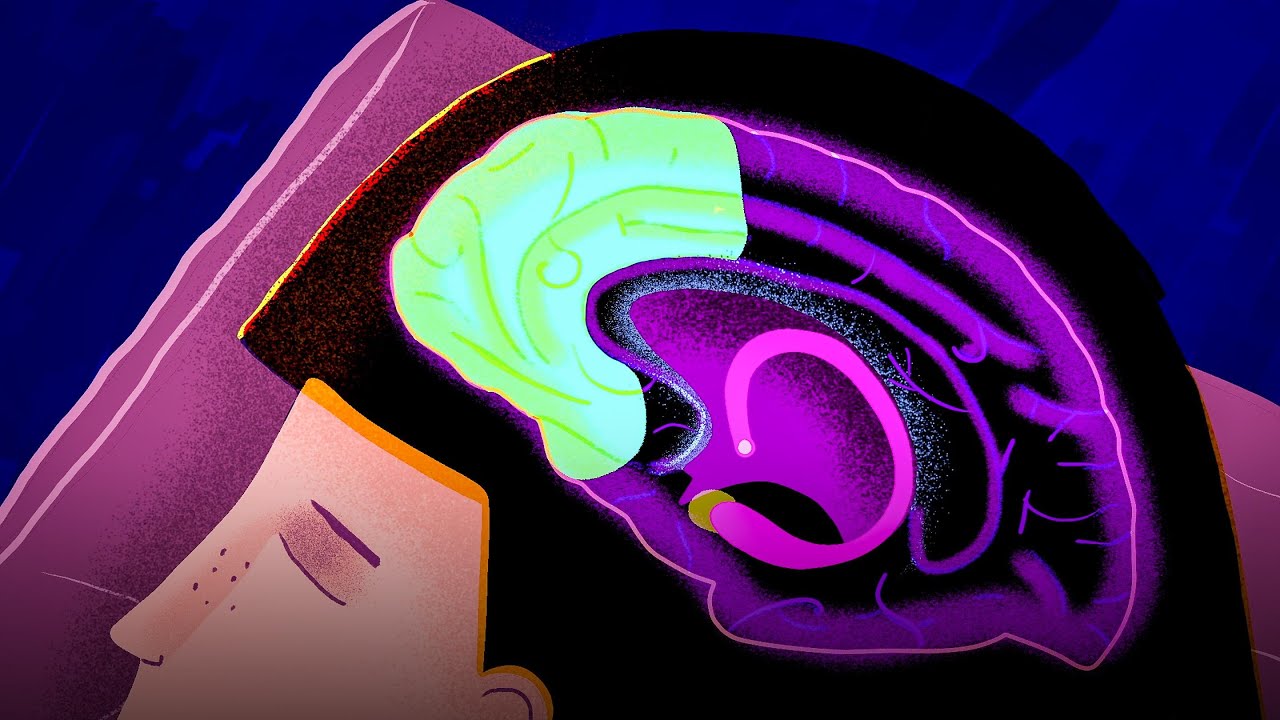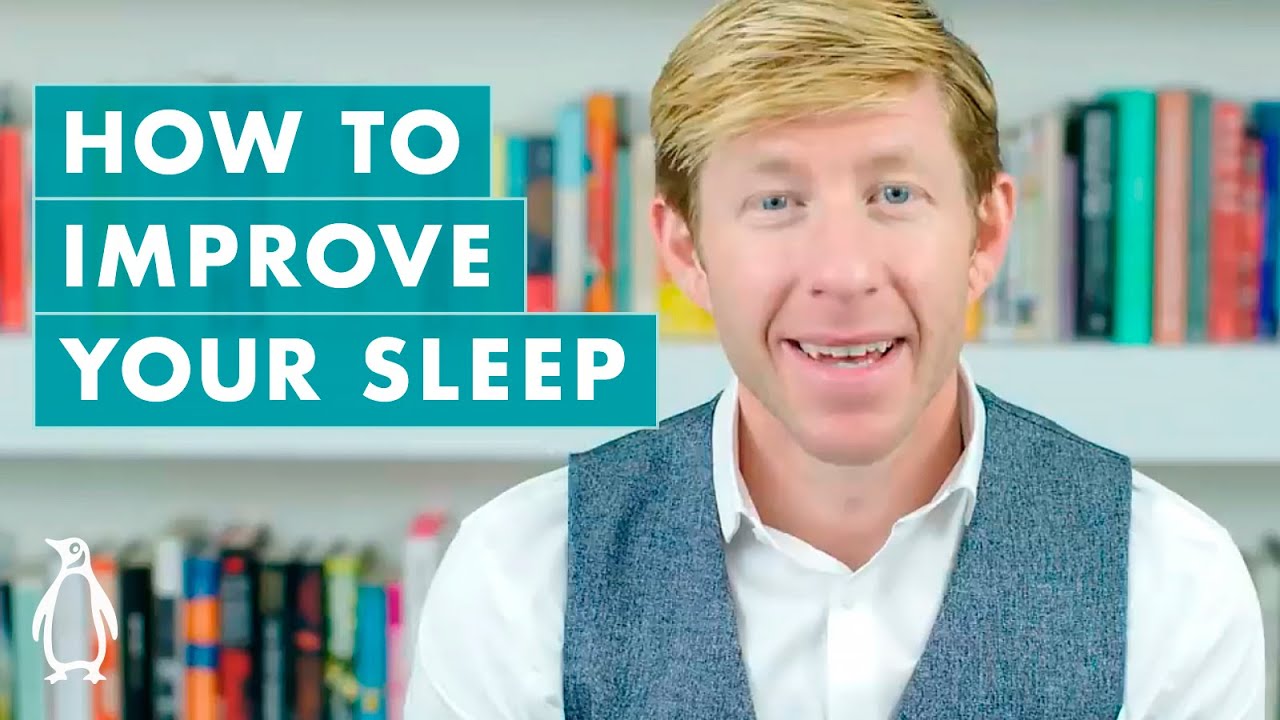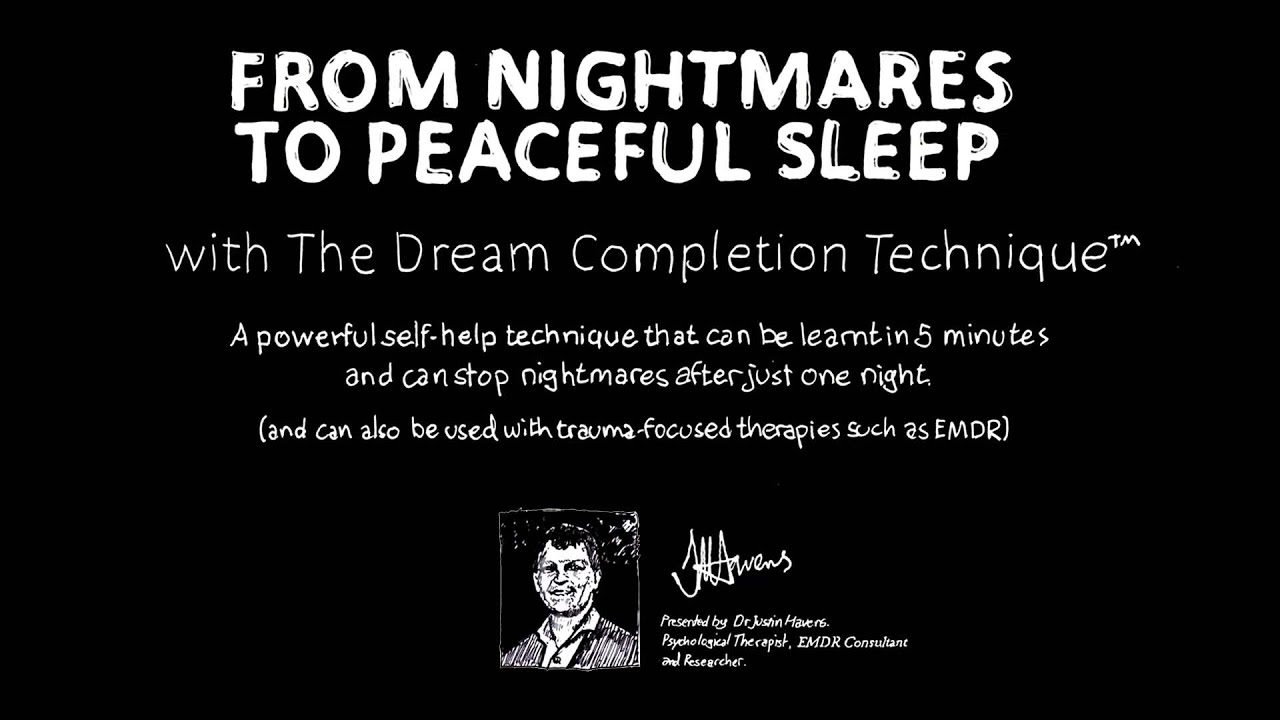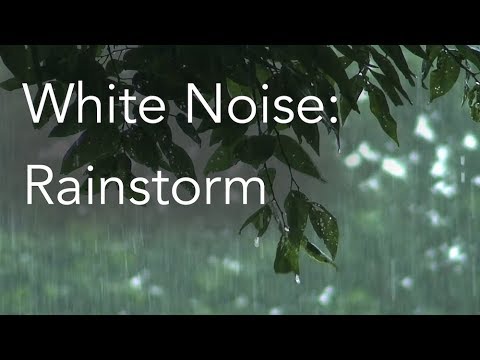Sleep
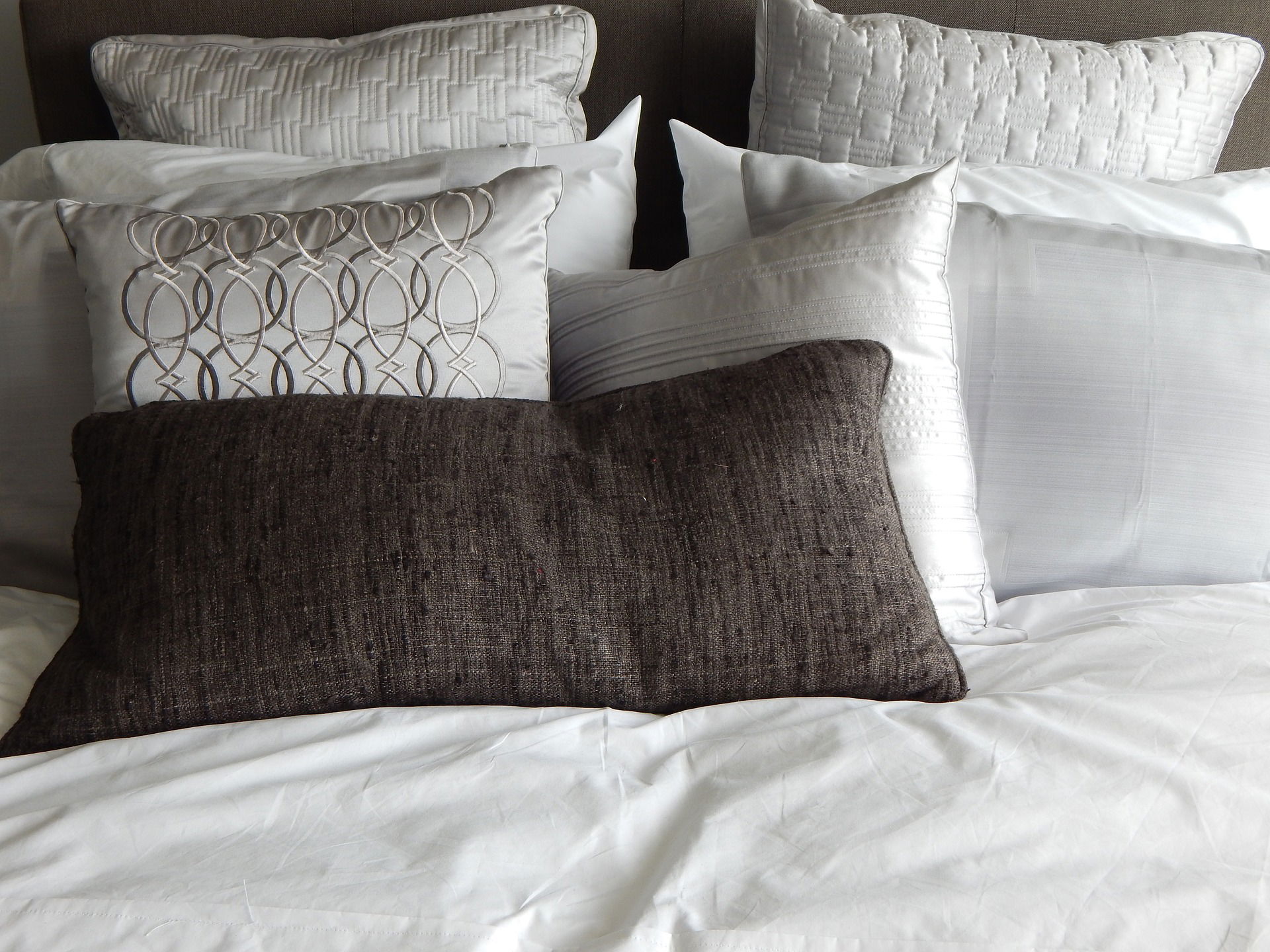
Rarely do people come to see me specifically or exclusively to address their problems with sleep, and yet poor sleep often forms a significant part of their difficulties; whether those sleep issues are as a result of the general unrelenting pressures so common in modern lifestyles, or rooted in trauma.

Sleep is integral to our life, health and longevity and yet it is often one of the first things we neglect in twenty first century society, when things become busy or overwhelming. This can have serious consequences: every major disease in the developed world - Alzheimer's, cancer, obesity, diabetes - has very strong causal links to poor sleep. But the quality of our sleep also has a proven impact on our emotions and overall mental health.
How Sleep Affects Emotions
If you've watched the video above and read the section on Understanding Trauma you will perhaps be beginning to understand how poor sleep can be particularly problematic for those who may be struggling to adjust to the impact of trauma, or have diagnosed PTSD. Their frequently overactive amygdala (the brain's deep emotional centre) is further challenged by lack of sleep with research having proven that the amygdala can be as much as almost 60% more responsive due to lack of sleep - often leading to emotional dysregulation and an increase in strong negative reactions.
How to Improve Your Sleep
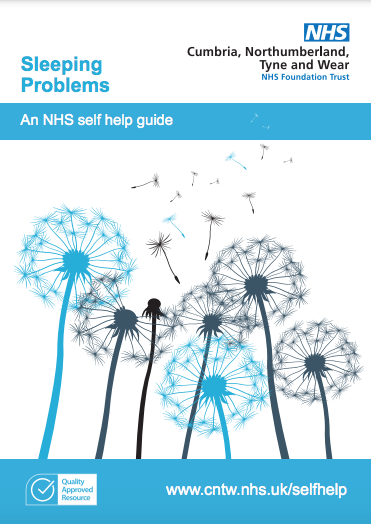
Please check out this excellent free downloadable NHS guide to sleeping difficulties and the strategies commonly found beneficial in improving sleep.
Busting Myths About Sleep
Addressing Sleep Difficulties caused by Trauma
Improving sleep for those experiencing trauma symptoms can sometimes require more than the self help approach recommended in the NHS guide above.
If we're working together and you experience poor sleep, or perhaps even nightmares associated with your experiences, then please speak to me about the further interventions we can work through together in order to address these difficulties, such as the dream completion/rescripting technique recommended in the video below and which has been transformational for so many nightmare sufferers.
Sleep Sounds
Some people find it helpful to use a variety of recordings to aid them in falling asleep. These vary from the types of meditation practices which you can find in the section on Mindfulness, to "white noise" or natural sounds, or even narrated "sleep stories". A selection of these can be found below.
